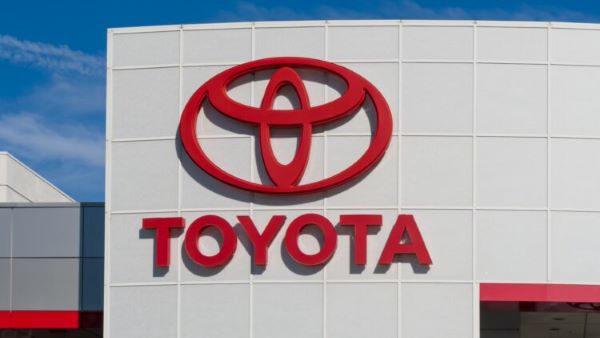
Toyota wanted to make an unexpected turn that will change the way it relates to sustainability (and to its competitors), and now they want to bet everything on hydrogen while other brands continue their tireless struggle to find lithium batteries that are more powerful, more reliable, and last longer.
Toyota's bet: hydrogen Toyota's proposal isn't just switching to hydrogen-powered vehicles and that's it. It has presented its third generation of hydrogen fuel cells, and everything seems to be going smoothly!
Toyota wants to continue down this path and plans to present these third-generation hydrogen cells by 2026, so we're pretty close to seeing a shift toward the future very soon. Hydrogen steals the show It's not just Toyota thinking about cars, hydrogen is positioning itself as a clear winner for a sustainable future. Toyota's fuel cell, for example, is already being applied in construction equipment, trains, trucks, and stationary generators.
This way, it can work in environments where electric vehicles can't compete, especially in remote or sensitive areas where emissions must be zero. Why hydrogen emissions are zero Very simple: these cells move the vehicles based on a chemical reaction between hydrogen and oxygen, making the result of the equation water vapor.
And water vapor doesn't pollute, so we'd be talking about a 100% clean technology, easy to refuel, and with great range. Any problems with hydrogen? Infrastructure, without a doubt. Still, being a technology that is now being implemented, there aren't a large number of refueling stations, because also, refueling hydrogen requires large containers and stations to have a useful and large-scale network.
Not everything is certain in the future of the automobile, but electric cars marked the bridge toward sustainability. However, hydrogen could be the next leap.
Clean, durable and much more practical, if they manage to lower its price and implement large service stations for refueling, we would be talking about a strategic shift for possibly all brands.